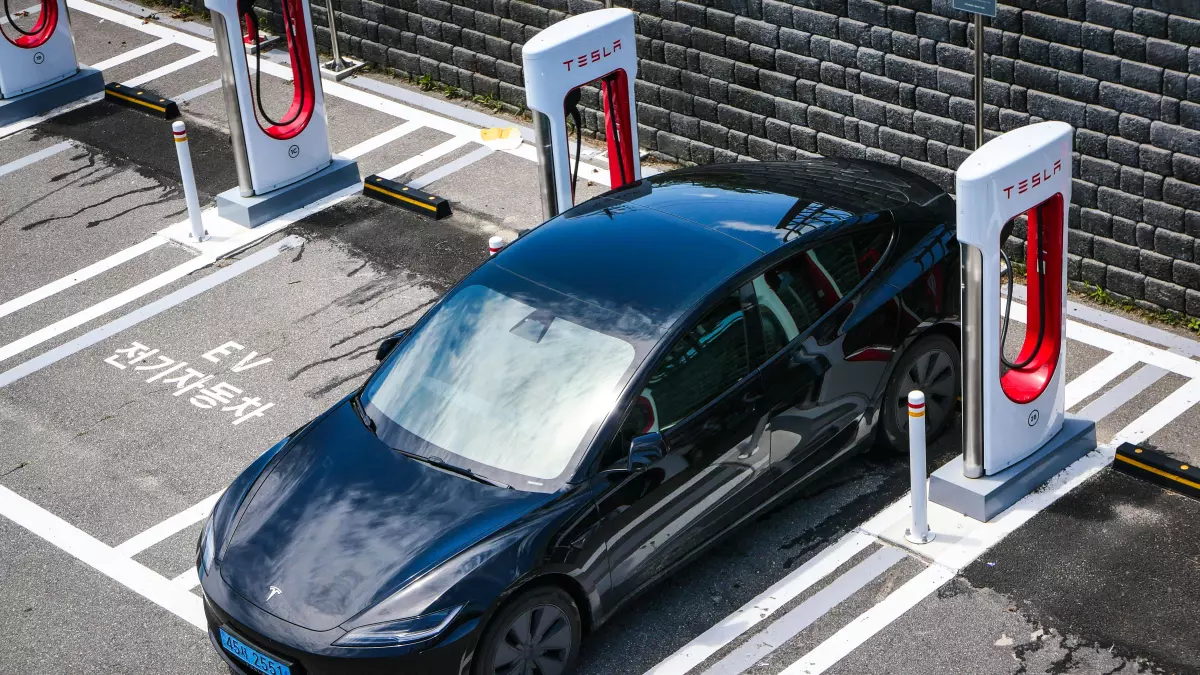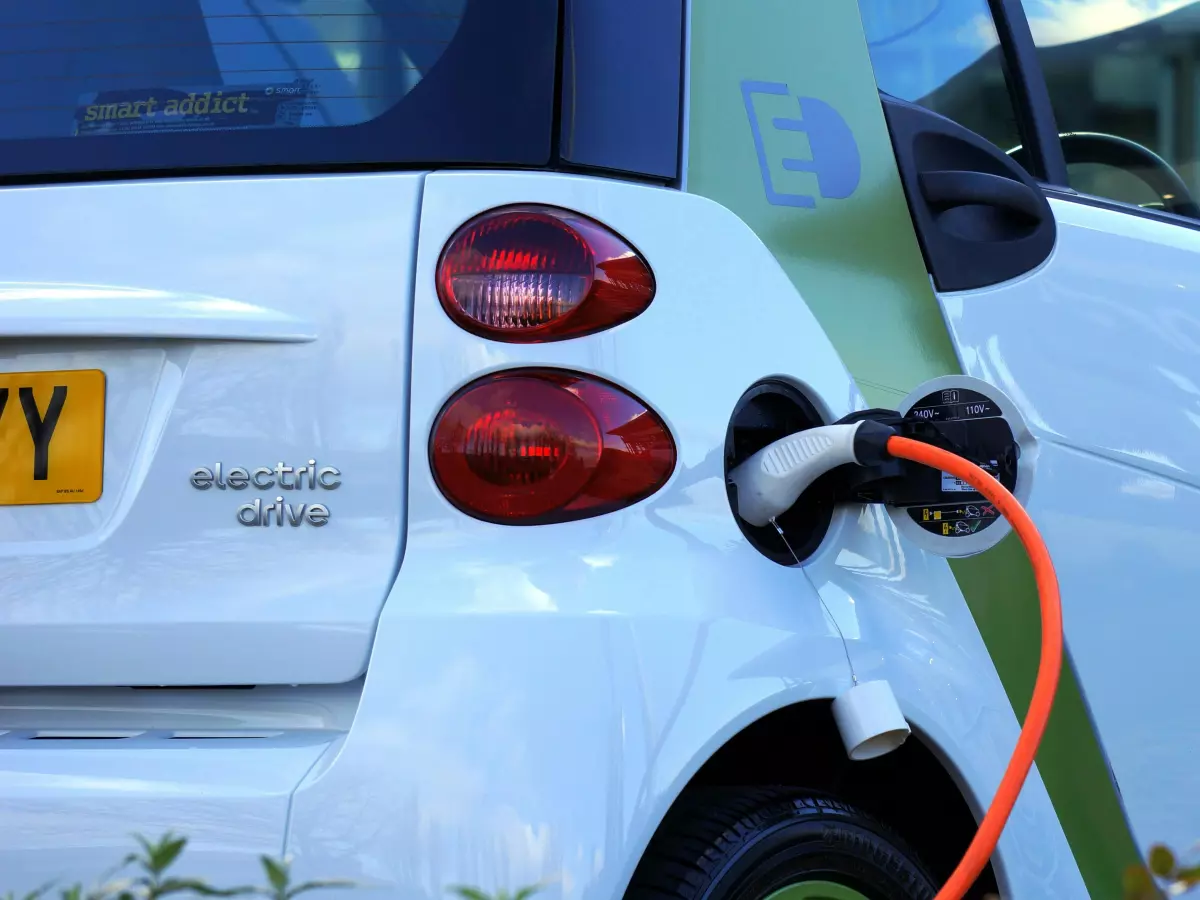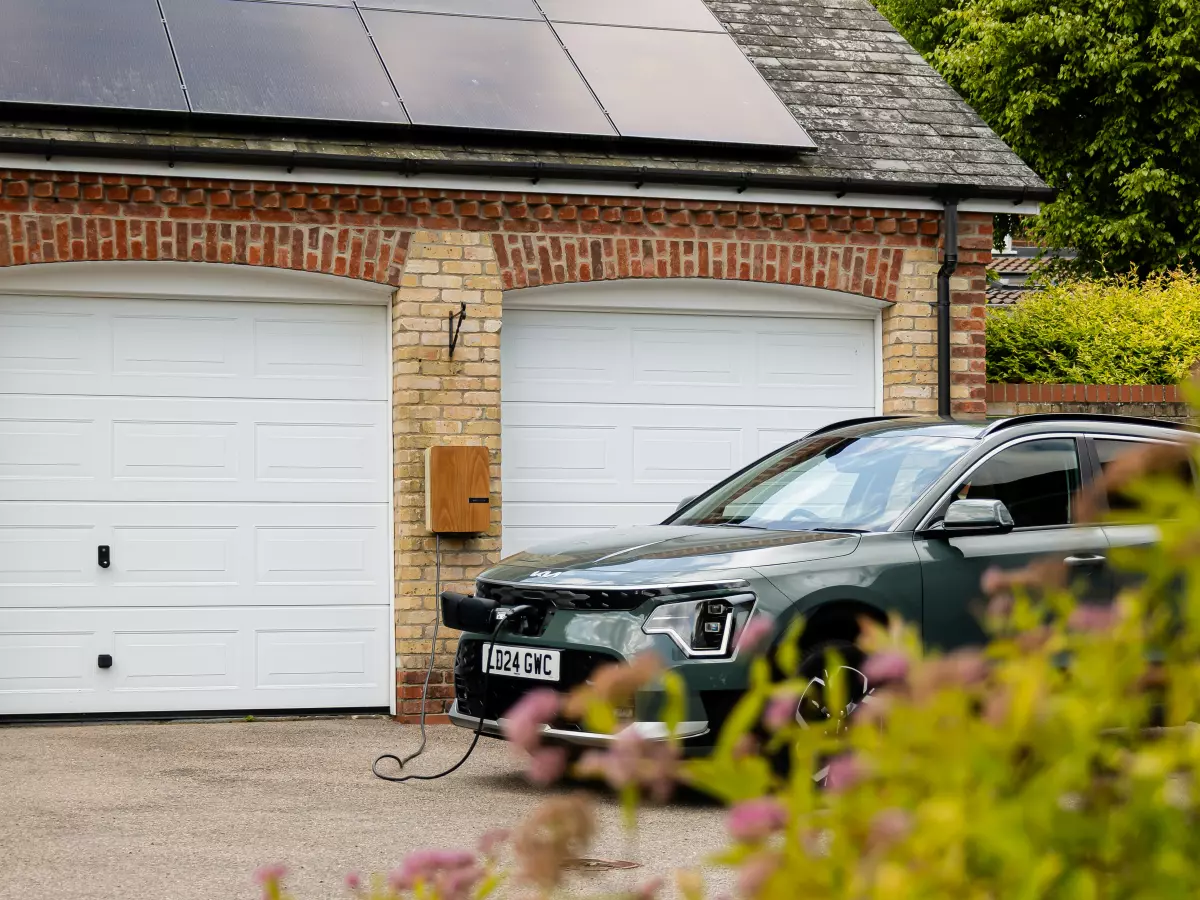Charging speed obsession
Imagine you're at a buffet, but instead of enjoying the food, you're fixated on how fast the plates are being refilled. That's how we treat EV charging speed.

By Carlos Martinez
We’ve been obsessing over how fast an electric vehicle (EV) can charge, like it’s the holy grail of the EV world. But here's the thing: maybe, just maybe, we're focusing on the wrong problem. Charging speed is like the flashy headline that grabs your attention, but the real story lies in the fine print. And that fine print? It's all about the bigger picture—battery health, charging infrastructure, and how we actually use our EVs in real life.
Why charging speed is overrated
Let’s face it, faster charging sounds great on paper. Who wouldn’t want to juice up their EV in 10 minutes flat? But the reality is that most of us don’t need lightning-fast charging on a daily basis. Think about it: how often are you really in such a rush that you need to charge your car in the time it takes to grab a coffee? For the majority of EV owners, charging happens at home, overnight, while they’re binge-watching Netflix or catching some Z’s. So, does it really matter if it takes 30 minutes or 3 hours?
What’s more, constantly fast-charging your EV can actually degrade the battery over time. It’s like chugging energy drinks every day—sure, it’ll give you a quick boost, but it’s not exactly great for your long-term health. The same goes for your EV battery. Fast charging generates more heat, and heat is the enemy of battery longevity. So, while you might save a few minutes at the charging station, you could be shaving years off your battery’s life.
The real issue: charging infrastructure
Instead of fixating on how fast we can charge, maybe we should be talking about where we can charge. The real bottleneck isn’t speed; it’s availability. Charging infrastructure is still playing catch-up, especially in rural areas and along less-traveled routes. Sure, you can find a charging station on every corner in a city like San Francisco, but good luck on a road trip through the Midwest.
And even when you do find a station, there’s no guarantee it’ll be working or available. Ever pulled up to a gas station only to find every pump occupied? Now imagine that, but with fewer stations and longer wait times. That’s the reality for many EV drivers today. What we need isn’t faster charging; it’s more charging points, better maintenance, and smarter placement of stations.
Battery tech is the real game-changer
While everyone’s busy talking about charging speed, the real innovation is happening inside the battery itself. New battery technologies like solid-state batteries promise longer ranges, faster charging, and better durability—all without the downsides of current lithium-ion batteries. These advancements could make the whole charging speed debate irrelevant. Imagine a world where your EV can go 500 miles on a single charge and top up in 15 minutes without damaging the battery. Suddenly, the obsession with charging speed seems a little... well, outdated.
Plus, better battery management systems (BMS) are making it easier to optimize charging cycles, ensuring that your battery stays healthy for longer. These systems can intelligently adjust charging speeds based on factors like temperature, battery age, and usage patterns, so you don’t have to worry about overdoing it with fast charging.
Software is the silent hero
Let’s not forget the role of software in all this. Modern EVs are packed with smart software that can manage everything from battery health to charging efficiency. Some systems can even predict when and where you’ll need to charge based on your driving habits, making the whole process smoother and less stressful. So while everyone’s arguing about charging speed, the real magic is happening behind the scenes, in the code that powers your EV’s brain.
Rethinking the debate
So, what’s the takeaway here? Maybe we’ve been asking the wrong questions. Instead of obsessing over how fast we can charge, we should be focusing on how we can make charging more accessible, more efficient, and less damaging to our batteries. It’s like going back to that buffet metaphor—sure, it’s nice if the food comes out fast, but what really matters is that there’s enough for everyone, and that it’s good quality.
In the end, the future of EVs isn’t just about speed. It’s about balance—between charging speed, battery health, and infrastructure. And that’s a conversation worth having.





